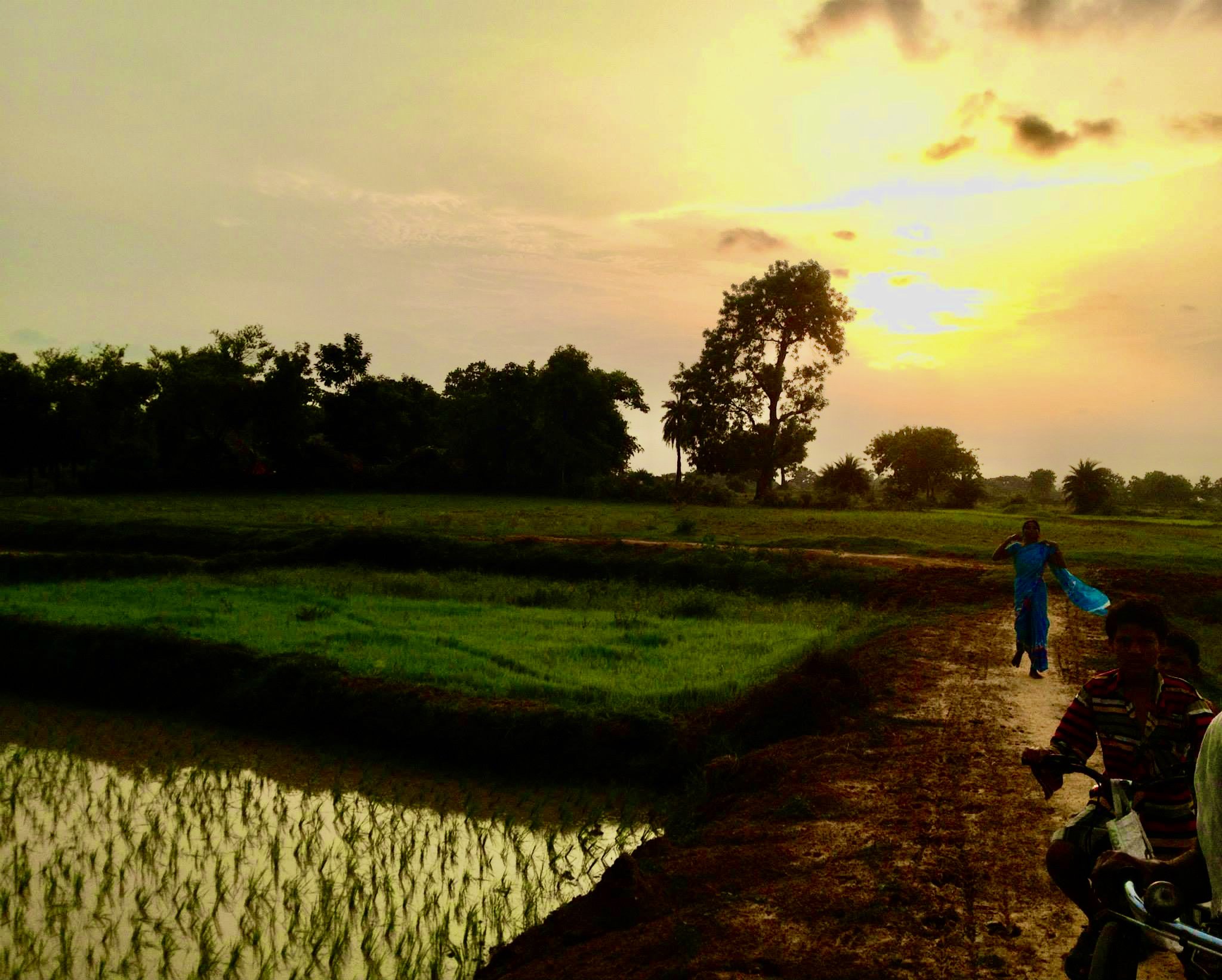
ENVIRONMENTAL HEALTH CERTIFICATE
Module 13: Agriculture
Roughly 800 million, or 78%, of the world’s poor live in rural areas, and rely on farming, livestock, other agricultural jobs, or aquaculture to make a living. (1) Many rural farmers lack access to modern agricultural technologies, resulting in poor quality crops and low yields. This severely hampers income generation, nutrition, and family life. Lack of access to modern agricultural methods also creates serious environmental stress. Examples include inefficient use of fertilizers which generate pollution, and traditional methods of flood irrigation which use excessive and wasteful amounts of water. Farmers are often hesitant to adopt new technologies and methods in agriculture because of existing traditional methods which they have been using for many generations. Efforts to incorporate new agricultural technologies into rural farmers' fields may be initially met with doubt or even mistrust. As with any new technology, farmers should be educated about the benefits of the new method or technology, and its efficacy should be demonstrated by providing evidence from other locations and fields. Current challenges include developing cost-efficient manufacturing systems and efficient distributions of affordable agricultural products and services to reach the farmers who need them most. It can be difficult to create agricultural products and services that optimize productivity, are culturally sensitive, and provide farmers with solutions for financing their implementation.(1)
Footnotes
(1) The World Bank. “For up to 800 Million Rural Poor, a Strong World Bank Commitment to Agriculture.” http://www.worldbank.org/en/news/feature/2014/11/12/for-up-to-800-million-rural-poor-a-strong-world-bank-commitment-to-agriculture.
